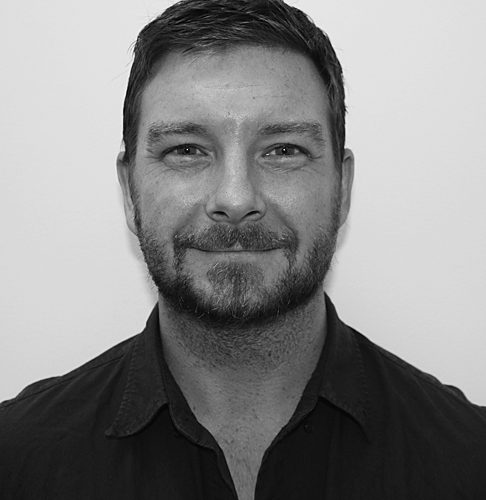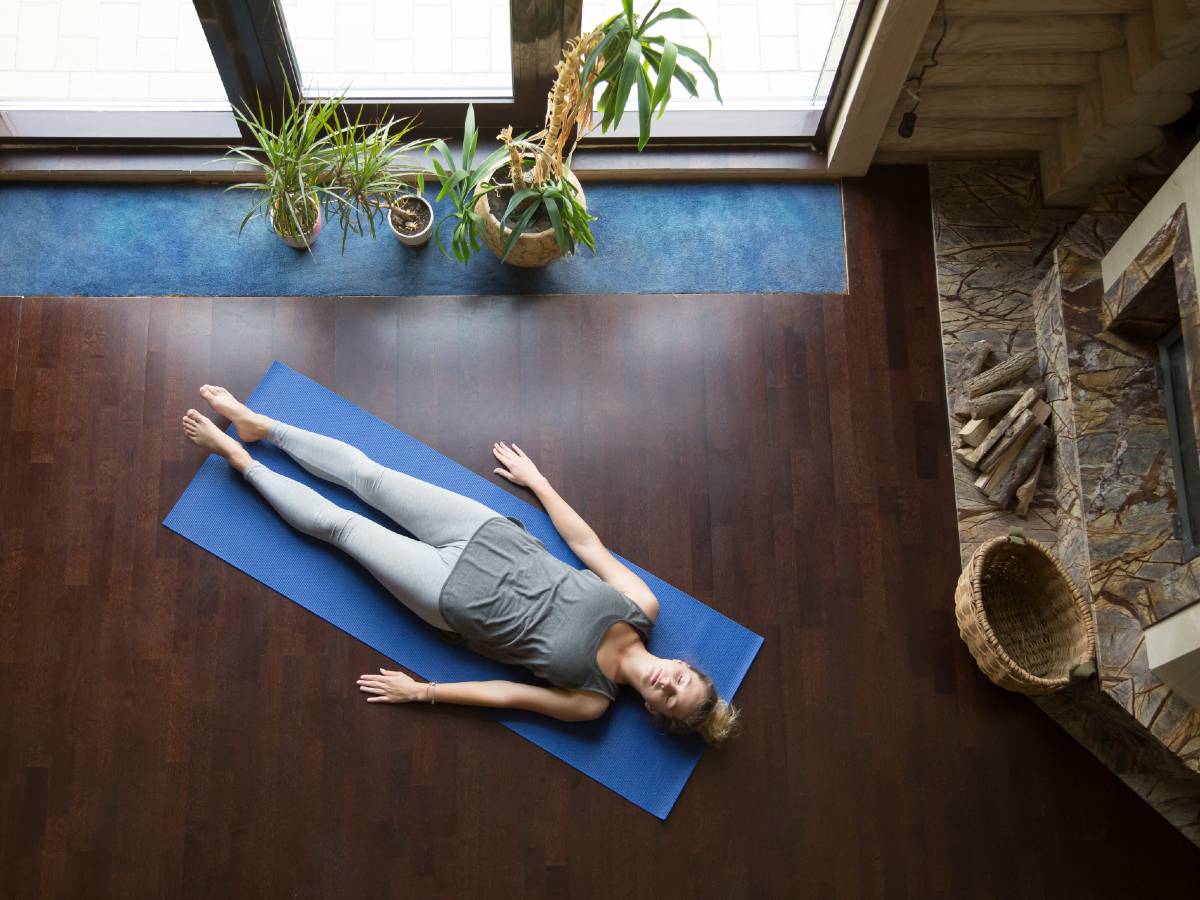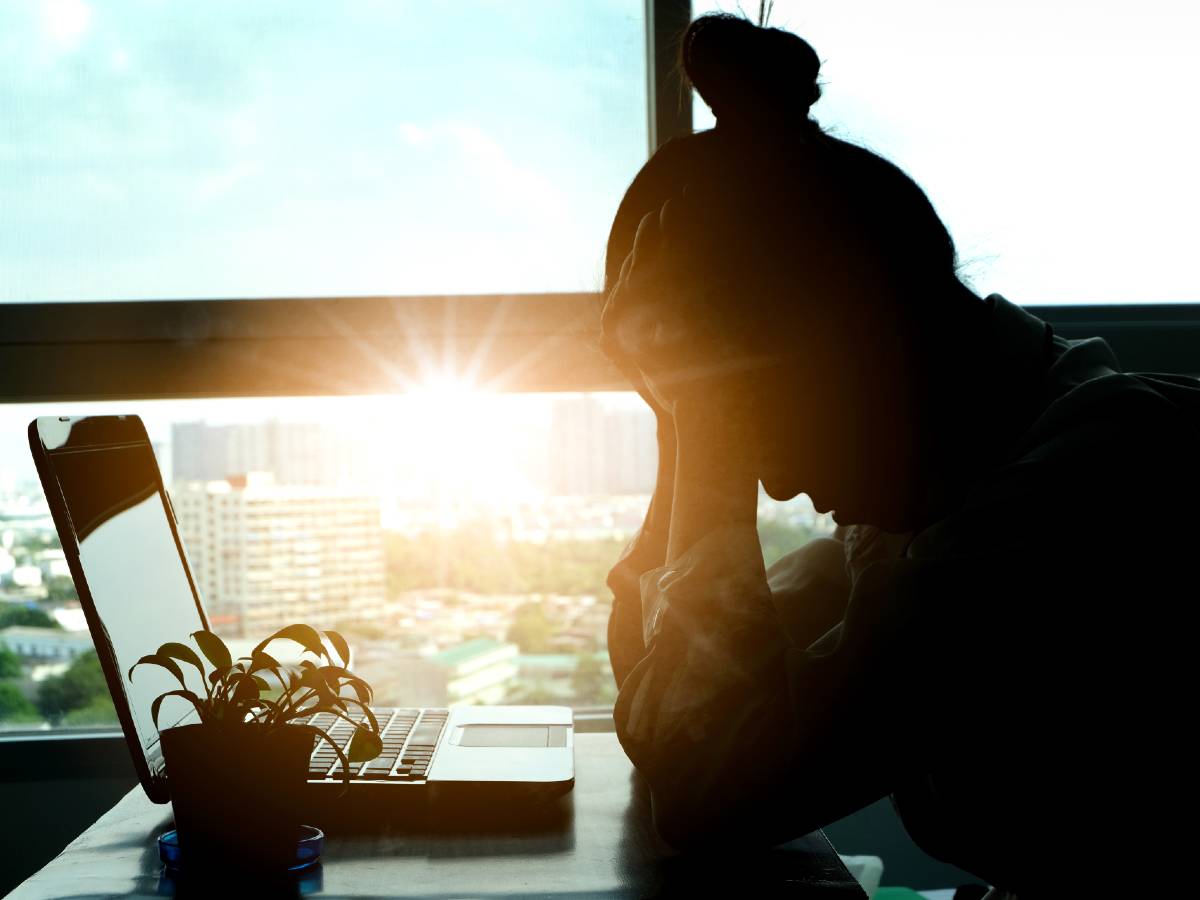In Australia, it is estimated that over 45% of the population will experience a mental health condition in their lifetime. And in any one year, 1 million Australians will experience depression, and 2 million will experience an anxiety disorder. Caring for your mental and emotional health is clearly an important topic for everyone.
Mental health conditions can have a huge impact on people’s lives, affecting a person’s mood and thought processes, their energy and motivation, ability to carry out normal everyday tasks, and how they relate to others. It has such a profound effect on how we live our lives that the World Health Organisation (WHO) has outlined a specific Mental Health Action Plan, believing it to cause such a great burden on society. WHO states that complete mental and emotional health is an “integral and essential component of overall health”, and that it is not just the absence of a mental health condition.
This view of emotional health, that it is more than just not having a mental health disorder, fits in neatly with the Chinese medicine view. In Chinese medicine, the aim is to not just get rid of the symptoms of a particular disorder, but to get you living life to the fullest, and able to get the most out of your personal, family, and work life.
Your mind and Chinese medicine
There are 5 aspects to your mind, and therefore your mental health, in Chinese medicine:
- The Mind (Shen) – This is an aspect of the Heart, and is associated with creativity, consciousness, insight and awareness. Emotionally it relates to joy, and also plays a big role in us getting restful sleep.
- The Ethereal Soul (Hun) – This is an aspect of the Liver, and most closely corresponds with the concept of the soul, or the unconscious part of our mind. It has a strong effect on our courage, and influences our ability to plan, and carry out those plans. Emotionally it relates to anger, and also plays a big part in our sleep.
- The Corporeal Soul (Po) – This is an aspect of the Lungs, and is related to how we live our public lives, who we are as individuals, and how we relate to others. Emotionally it relates to grief, and can be strongly affected by loss in our lives.
- The Intellect (Yi) – This is an aspect of the Spleen, and is responsible for our thought processes:- thinking, studying, focus, and generating new ideas. It relates to over-thinking and ruminating emotionally, and therefore closely resembles the thoughts and feelings you may have when feeling anxious.
- The Will-Power (Zhi) – Will-power is an aspect of the Kidneys, and is associated with our drive and determination, enthusiasm and motivation. Emotionally it is related to fear and sadness.
These 5 aspects work as a whole system to make up your complete sense of mental and emotional wellbeing. Any alterations within any of these systems can lead to an imbalance, causing you to experience the symptoms of poor mental health. And as in other aspects of Chinese medicine, a change in one area can cause other imbalances in other areas. This is why we see so many physical issues alongside mental health conditions, like chronic tiredness with depression, or tightness in the chest and throat with anxiety.
Acupuncture and mental health
Your mental health can get out of balance for any number of reasons: chronic stress, illness or injury, grief and loss, changes in personal, family or work life, amongst many others. Acupuncture and Chinese herbal medicine can help restore that balance. From a Chinese medicine perspective, symptoms of a mental health disorder are signs of an underlying disharmony in the flow of Qi through the body. The aim of acupuncture is to restore the correct flow of Qi, thereby not only reducing the symptoms, but removing the cause of the imbalance so there is less chance of a recurrence.
There is a long history of using acupuncture in the treatment of mental health disorders, although the terms used may not be on par with current terminology. Over 1/3 of the traditional acupuncture points listed in classical medical texts can be used to treat mental and emotional disharmony. There is positive or potential positive evidence for acupuncture being an effective treatment for the following conditions, and can be safely used alongside other modalities, like counselling:
- Anxiety and stress
- Depression and low mood
- Insomnia and sleep disorders
- Post-traumatic Stress Disorder (PTSD)
- Schizophrenia (alongside anti-psychotics)
Find out more about how acupuncture can help with depression, and anxiety and stress.
References
Beyond Blue (www.beyondblue.org.au/about-us/research-projects/statistics)
World Health Organisation (https://apps.who.int/iris/bitstream/handle/10665/89966/9789241506021_eng.pdf?sequence=1)
Bazzan AJ, Zabrecky G, Monti DA, Newberg AB. Current evidence regarding the management of mood and anxiety disorders using complementary and alternative medicine. Expert Rev Neurother. 2014 Apr;14(4):411- 23.
Goyata SL, Avelino CC, Santos SV, Souza Junior DI, Gurgel MD, Terra FS. Effects from acupuncture in treating anxiety: integrative review. Rev Bras Enferm. 2016 Jun;69(3):602-9.
Chan YY, Lo WY, Yang SN, Chen YH, Lin JG. The benefit of combined acupuncture and antidepressant medication for depression: A systematic review and meta-analysis. J Affect Disord. 2015 May 1;176:106-17.
Bosch P, van den Noort M, Staudte H, Lim S. Schizophrenia and Depression: A systematic Review of the Effectiveness and the Working Mechanisms Behind Acupuncture. Explore (NY). 2015 Jul-Aug;11(4):281-91.
Spackman E, Richmond S, Sculpher M, Bland M, Brealey S, Gabe R, et al. Cost-effectiveness analysis of acupuncture, counselling and usual care in treating patients with depression: the results of the ACUDep trial. PLOS ONE. 2014;9(11):e113726.
Zhao K. Acupuncture for the treatment of insomnia. Int Rev Neurobiol. 2013;111:217-34.
Shergis JL, Ni X, Jackson ML, Zhang AL, Guo X, Li Y, et al. A systematic review of acupuncture for sleep quality in people with insomnia. Complement Ther Med. 2016 Jun;26:11-20.
Engel CC, Cordova EH, Benedek DM, Liu X, Gore KL, Goertz C, et al. Randomized effectiveness trial of a brief course of acupuncture for posttraumatic stress disorder. Med Care. 2014 Dec;52(12 Suppl 5):S57-64.
Shen X, Xia J, Adams CE. Acupuncture for schizophrenia. Cochrane Database Syst Rev. 2014(10):Cd005475.






